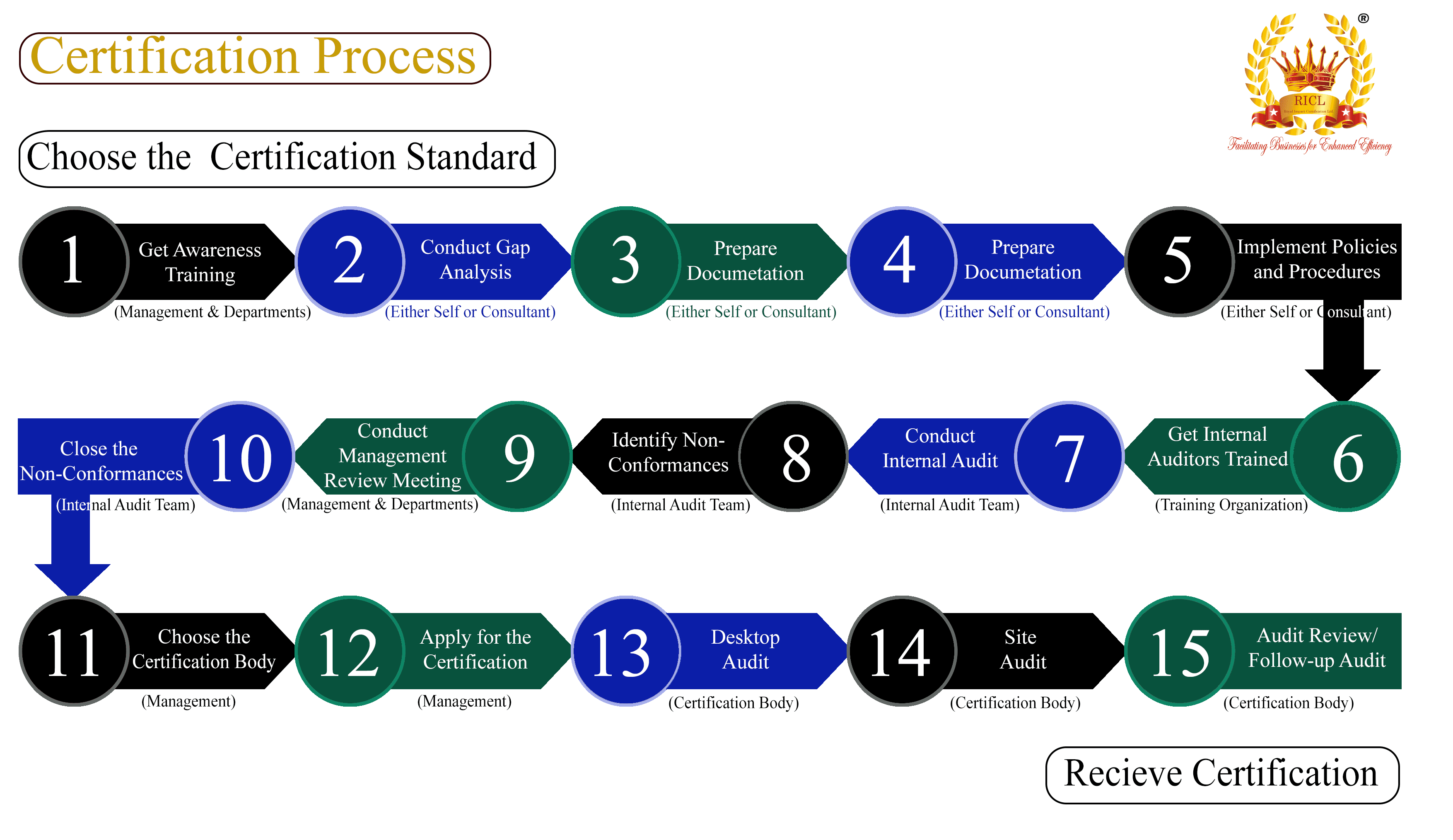
SEDEX
SEDEX, which stands for Supplier Ethical Data Exchange, is a non-profit membership organization dedicated to driving improvements in responsible and ethical business practices in global supply chains. Founded in 2001, SEDEX has become a leading platform for companies to manage and share ethical data about their suppliers.
SEDEX, which stands for Supplier Ethical Data Exchange, is a non-profit membership organization dedicated to driving improvements in responsible and ethical business practices in global supply chains. Founded in 2001, SEDEX has become a leading platform for companies to manage and share ethical data about their suppliers.
One of the key purposes of SEDEX is to promote transparency and sustainability throughout the supply chain. This is achieved through the SEDEX Members Ethical Trade Audit (SMETA), which is a widely recognized audit format designed to assess suppliers’ ethical, social, and environmental performance. SMETA audits cover areas such as labor standards, health and safety, environmental impact, and business ethics.
SEDEX offers several benefits to its members and the broader business community. For companies, being a part of SEDEX provides access to a wealth of information and tools to help manage supply chain risks, improve supplier relationships, and demonstrate commitment to ethical sourcing. By using SEDEX’s platform, companies can also streamline data sharing and reduce duplication of audits, leading to cost savings and efficiency gains.
From a broader perspective, SEDEX plays a crucial role in promoting sustainability and responsible business practices globally. By encouraging transparency and accountability, SEDEX contributes to the ongoing efforts to address issues such as forced labor, child labor, discrimination, and environmental degradation in supply chains.
Overall, SEDEX serves as a valuable resource for companies looking to uphold high ethical standards in their supply chains and contribute to a more sustainable and equitable global economy.

SEDEX, which stands for the Supplier Ethical Data Exchange, is a membership organization for businesses committed to the continuous improvement of ethical performance within their supply chains. SEDEX does not specifically list “industries” because it spans a broad range of sectors. However, I can provide a general idea of the types of industries and sectors that commonly participate in SEDEX to improve their ethical standards, transparency, and responsible business practices.
- Automotive manufacturing
- Aerospace industry
- Chemical production
- Electronics manufacturing
- Pharmaceutical industry
- Textile and apparel manufacturing
- Food and beverage production
- Packaging industry
- Printing and publishing
- Construction and building materials
- Oil and gas extraction
- Mining and mineral processing
- Metal fabrication and machining
- Plastics and rubber products
- Renewable energy sector
- Waste management and recycling
- Water treatment and sanitation
- Agriculture and agribusiness
- Forestry and logging
- Pulp and paper industry
- Steel and metal production
- Cement and concrete manufacturing
- Shipbuilding and maritime industry
- Power generation and utilities
- Telecommunications industry
- Transportation and logistics
- Healthcare and medical services
- Education and research institutions
- Hospitality and tourism
- Retail and consumer goods
- Financial services
- Information technology (IT) sector
- Consulting and professional services
- Real estate and property management
- Chemical distribution and trading
- Automotive aftermarket services
- Environmental consulting firms
- Renewable energy developers
- Industrial cleaning and maintenance
- Laboratory and testing services
- Environmental advocacy organizations
- Government and public sector agencies
- Non-profit organizations
- Event management and entertainment
- Sports and recreation facilities
- Textile recycling and upcycling
- Food service and catering
- Green building and architecture
- Eco-tourism and outdoor activities
- Waste-to-energy projects
[sp_easyaccordion id=”10789″]
[formsapp id=”662f63f6c4dd546c9916c3db”]
